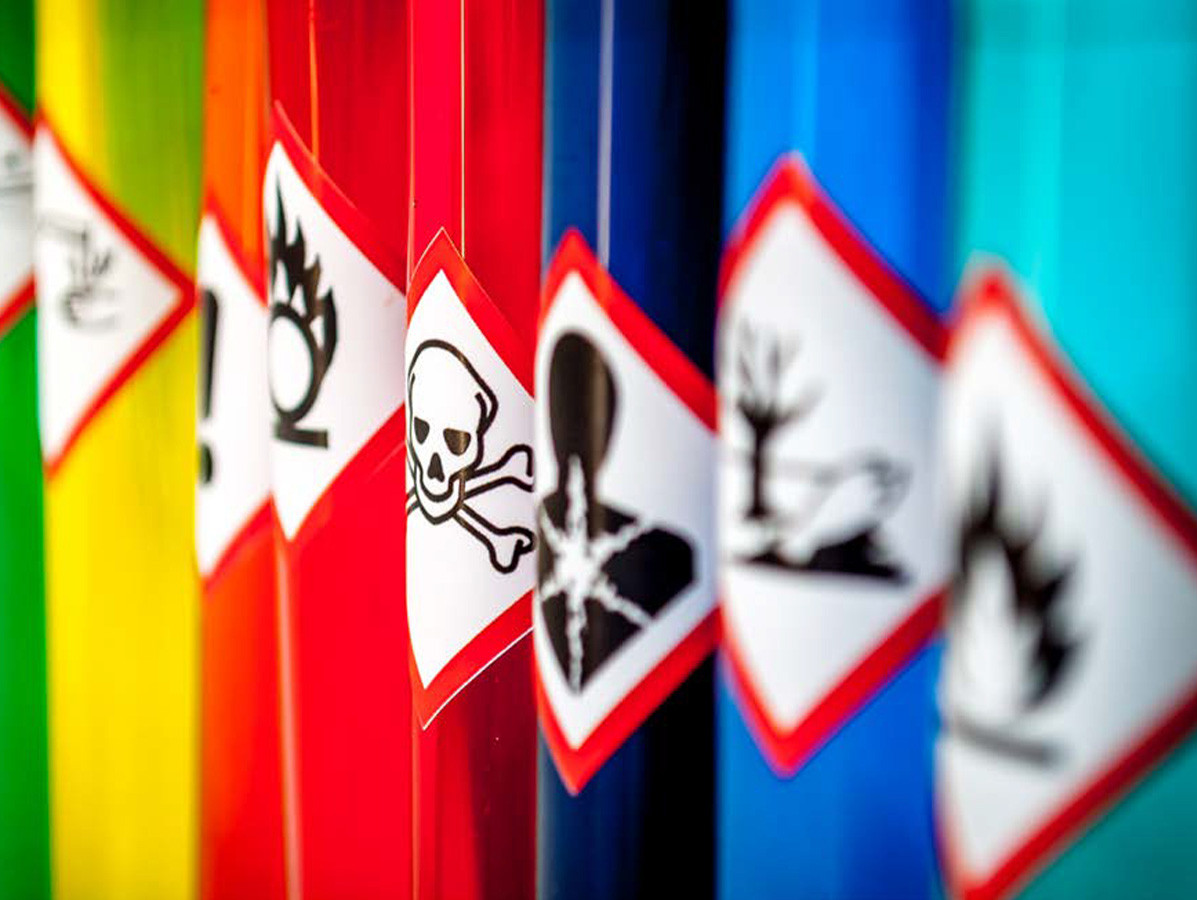
Like in any other industry, lubricants are used in the food industry. Unlike in any other industry, an essential question comes into play here: are they food-safe?
As a food manufacturer, you are personally responsible for ensuring that the food you produce is safe. "You want a reliable production process, to be able to rely on the machines and at the same time ensure that legal requirements and regulations are met. Then you also have to consider the lubricants used. Oils and fats should not come into contact with food, but ruling this out 100% is difficult in many processes. Therefore, avoid risks and work with so-called 'food grade' lubricants," says Taco Mets, Technical Director at Van Meeuwen Lubrication.
'How can I be sure that the lubricating oils, greases and degreasers used in our food factory are food safe?' It is a question that Van Meeuwen is regularly asked. Mets: "You might think: 'if there is a 'registered' logo on the packaging, it may be used in the food production environment'. Nothing could be further from the truth!" He gives some examples. "Suppose it is an 'A1-registered' product: that is precisely the registration for a detergent that is not food-safe. Lubricants and cleaners with an H1-registration can incidentally and to a limited extent indeed come into contact with food in and around food processing areas without directly endangering public health. And an H2-registered product is definitely not suitable for incidental food contact. For these products, the urgent advice is not to use them in food processing; they do not fit into the HACCP plan."
Do you know the logos and codes that indicate which agents are and are not allowed?
The following registrations indicate:
"Safety and risk avoidance are among the most important objectives within the industry. Everyone knows that. But should you have doubts about whether a product you use in your production environment is suitable for your machines and is or is not food-safe, don't keep walking around with your concerns. Contact us," advises Mets. " You know more when working together than when working alone. We are happy to help you."
Source: Vakblad Voedingsindustrie 2022